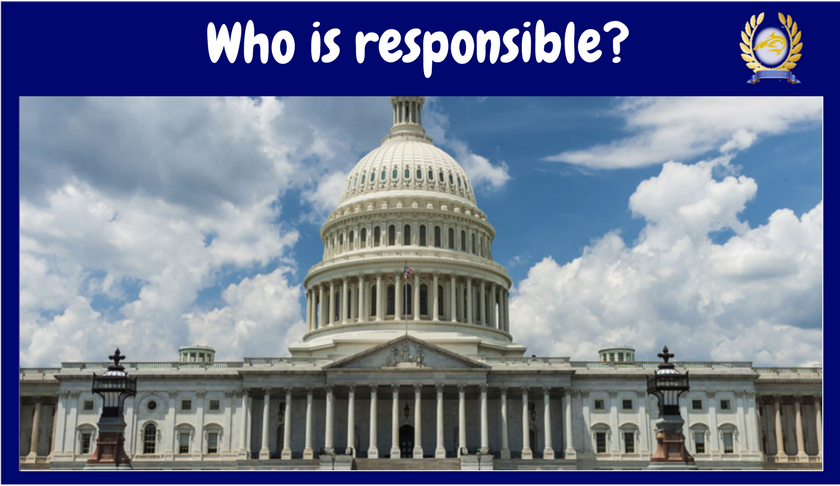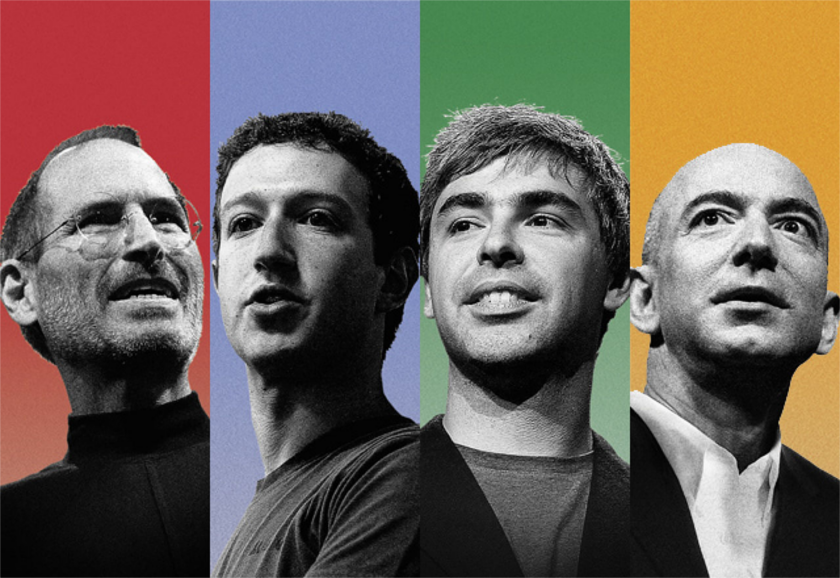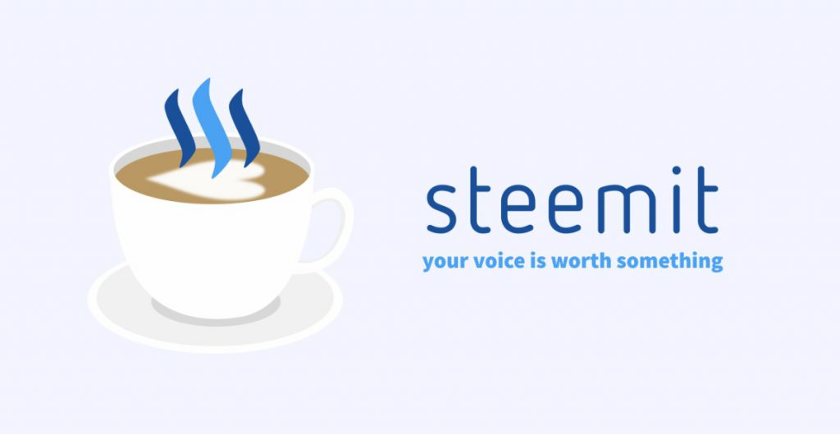

Senate lawmakers investigating Russian interference in the 2016 presidential election have asked Facebook, Google and Twitter to testify. They will be asked questions about their role in the suspected involvement of foreign powers influencing the 2016 elections. This raises a very interesting question. Who is responsible for content posted on Social media sites?
Facebook, Twitter and Google have been the subject of discussion before regarding content posted on their servers. Facebook in particular has taken drastic measures to rid their platform of content that they found to be unwanted.
In this case the investigation of the U.S. senate led to the Social media giants who serve as a medium for the spread of information. The lawmakers suspect that the sites were used to spread fake news that might have had an impact on the 2016 elections.
It will be very interesting to see what the outcome of the investigation will be and how the leaders of Social media will respond.



In the past Social media platforms have been held accountable for the content posted on their sites. Companies like Google, Facebook and Twitter have done their best to comply with the demands of the regulators. But every time they seem to have their house in order another problem pops up.
Social media sites are among other things used as a hub to spread news but unlike (in theory) traditional media, the news posted on Social media is not subjected to review and scrutiny before release. This means that anyone can post material and present it as fact.
Because the large companies have billions of users chances are that "fake news" can go trending and that people will believe the half truths or flat out lies posted on the sites.


Social media is the ultimate solution for spreading information. The sites are easily accessible and have immense exposure. It is the perfect tool to get you message sent across the globe. People all over the world use it to share their insights and ideas with like minded and interested individuals.
But there are also those who abuse the services as a means for their own agenda. An agenda that has only their own interest at heart and hurts society as a whole.
All efforts to weed out the undesirable content leads to the same dilemma. Is this censorship or not?



"Traditional" Social media sites like Facebook, Youtube and Twitter are in control of what is posted on their site. They have the tools to remove the content that they flag as offensive or feel has no place on their platform. One could ask if it is a good idea to let a company that is driven by profit decide what is right and what is wrong. But in the end these companies do own the platform and thus can decide what their policies are whatever the general public's take on this is. If we, the users, don't like it then we always have the choice to take our business elsewhere.
Decentralized Social media like Steemit is another matter. With Steemit the regulation is done by the users and not by the company stakeholders. Steemit has evolved (and is still evolving) into a platform where you can share written content, pictures, videos and music. Additions like Dtube and Dsound provide for an added container of uncensored material.
You can upload videos and music without being afraid of being sanctioned by an overly protective and political correct moderator.
On Steemit the power of deciding what is right and what is wrong lies in the hands of the users. By upvoting, resteeming and commenting the users give the content value (literally). Those same users can also flag (downvote) content they feel inappropriate and/or offensive.
The users on Steemit are the moderators of the site. Keeping a close watch on "unworthy" material is also in their own best interests. More high quality will add to the value of Steemit (and Steem) which in turn will lead to higher income for the users.



It is a shared responsibility. Traditional Social media have an earning model where they receive (most) of the profit. So it is only fair that they are also held accountable for what goes on on their sites. It is good to question the company's moral compass and motives because their decision about "the right and the wrong' might not always be in the user's best interests.
On the other hand the users have a responsibility for what they themselves post and what others are posting. Checking your facts before posting and linking your sources is a good way to make sure that your post is on the up-and-up. If you encounter material that is considered offensive, false or otherwise "wrong" then you can either report, downvote or flag it.
Both the creators/owners and the users of the social media platforms will have to work together to make the site a success.




Read more about: The role of Facebook and Twitter in the 2016 Election | Facebook, Twitter and Google asked to testify | Facebook Statistics










